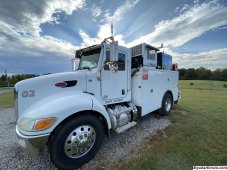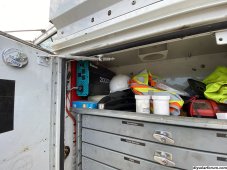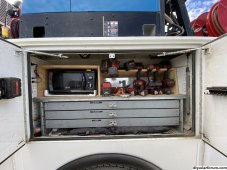JamesRich
New Member
I've always been interested in solar but never built a system. I've decided to try a build in my camper first. It came with the generator prep so it has a large compartment in the front where a generator would go and a transfer switch already wired in. I've started with a Renogy 3000w inverter wired to the transfer switch running off of two deep cycle batteries setup as 12v and it's working great. I've ordered 4 LiTime 100 amp hour batteries to replace the deep cycles. That's as far as I've gotten. I'm planing on 8 100 watt Renogy flexible panels for the roof and 2 Renogy 40 amp MPPT charge controllers. I know a 48 volt system would be more efficient but I'm keeping the system 12 volt because everything in the camper runs on 12 volt. In the cooler months I won't need the inverter except for microwave or coffee pot etc. A question on wiring the controllers, Renogy states their 100 watt flexible panels have a operating voltage of 18.9. I'm planning to run 4 panels on each controller. would it be better to series all 4 for a input voltage of 75.6 or series pairs then parallel them for an input voltage of 37.8? Is there a loss from larger voltage differences like with inverters?
James
James






